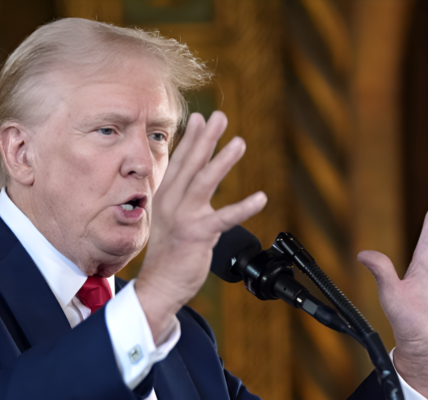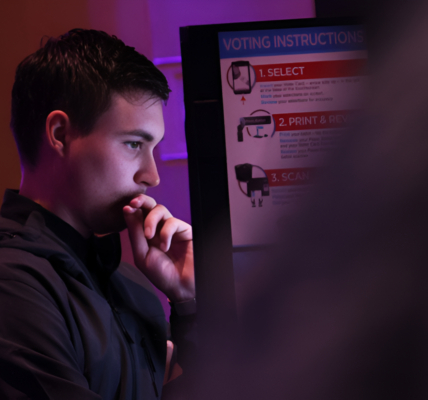
In the current presidential race, Catholicism has emerged as a crucial factor, and its influence on the election could have lasting implications. Both political campaigns are clearly attuned to the importance of the Catholic vote. Democrats, for instance, are concerned that Kamala Harris’ potential swap with Joe Biden could cost them crucial Catholic support in swing states, while Donald Trump’s campaign has worked hard to connect with Catholic voters, even tweeting an image of Our Lady of Guadalupe and a prayer to St. Michael the Archangel. Recent polling shows Trump leading among Catholic voters in battleground states.
At the heart of these shifts is the ongoing discussion around Catholic social teaching—a doctrine that blends opposition to abortion and euthanasia with a strong focus on the rights of workers and the dignity of the poor. Catholic social teaching, first articulated by Pope Leo XIII in the late 19th century, applies the Church’s moral teachings to changing political realities. In recent years, this doctrine has been brought to the forefront of American politics, with GOP vice-presidential nominee J.D. Vance aligning his policies with what he believes are the principles of Catholic social teaching. Vance, known for his “100% pro-life” stance and his support for labor rights, is part of a broader movement on the right trying to interpret Catholic doctrine into actionable political policies.
While Catholicism has already influenced some right-wing priorities, particularly in areas like trade and labor, its impact on the upcoming election could be more limited due to enduring divisions over the interpretation of Catholic teachings. These debates have been sharpened by the papacy of Pope Francis and the political ascent of Donald Trump. For years, American conservatives, many of whom were aligned with the papacy under Popes John Paul II and Benedict XVI, found common ground with the Church’s opposition to abortion, euthanasia, and the defense of traditional sexual morality. However, Pope Francis has complicated this alignment.
Francis’ tenure has signaled shifts that challenge conservative Catholic ideas. His famously ambiguous comments on homosexuality, his stronger opposition to the death penalty, and his emphasis on welcoming immigrants have created tension within the American Church. Many conservative Catholics now find themselves at odds with the Church’s stance on migration and the death penalty while still holding to the Pope’s opposition to abortion.
Adding to the complexity, Donald Trump’s brand of conservatism has evolved significantly since he entered politics. His emphasis on restricting immigration has put him at odds with the Church’s long-standing advocacy for migrants, while his recent stance on abortion, including defending measures that allow greater access to abortion medications like mifepristone, has further distanced him from Catholic doctrine. Vance has argued that such shifts are politically necessary, acknowledging that the diverse views of American society must be considered, even if they diverge from Catholic teachings.
Meanwhile, the Democratic Party, which has come to embrace many of Pope Francis’ positions on climate change and social justice, remains firmly pro-choice on abortion, which continues to place them at odds with Catholic teachings on the sanctity of life. Pope Francis himself has publicly criticized both American parties, claiming they are “against life”—one party for its stance on abortion and the other for its anti-immigration policies.
The political divide within the Church is now more pronounced than ever. Conservative Catholics are forced to overlook Pope Francis’ pro-migrant stance and his opposition to the death penalty, while progressive Catholics are increasingly distanced from the Church’s strict opposition to abortion. This division means that neither political party perfectly aligns with the full scope of Catholic social teaching.
In the end, it appears unlikely that a coherent Catholic vision will emerge from this election. Ironically, while Catholics were once feared to be a threat to American democracy due to the potential imposition of their views, the loss of a clear Catholic voice in the political discourse today is something both religious and secular Americans should lament. Catholicism, with its commitment to human dignity and the value of every life, could offer much-needed moral clarity in a fractured political landscape. Unfortunately, that voice is being lost in the noise of the current electoral battle.





